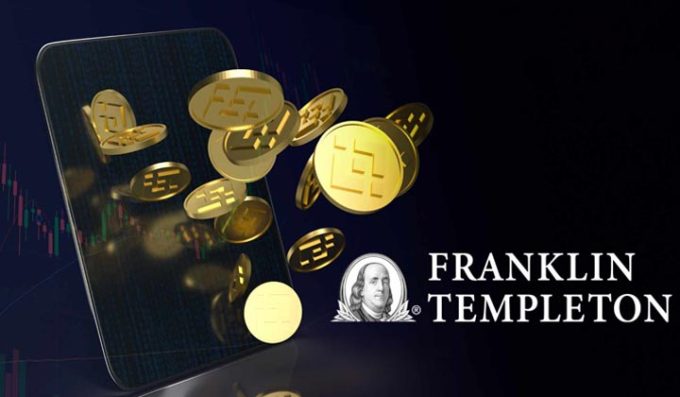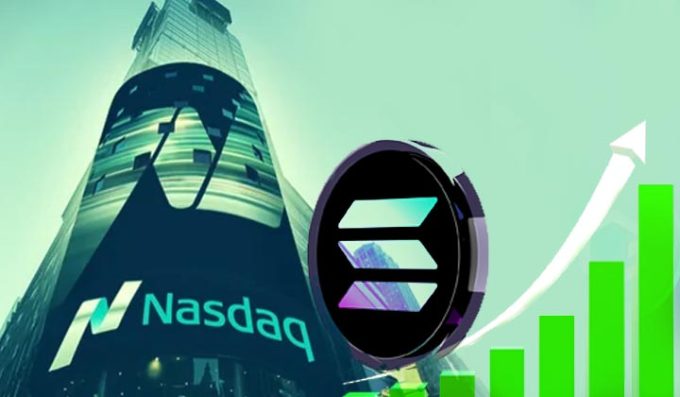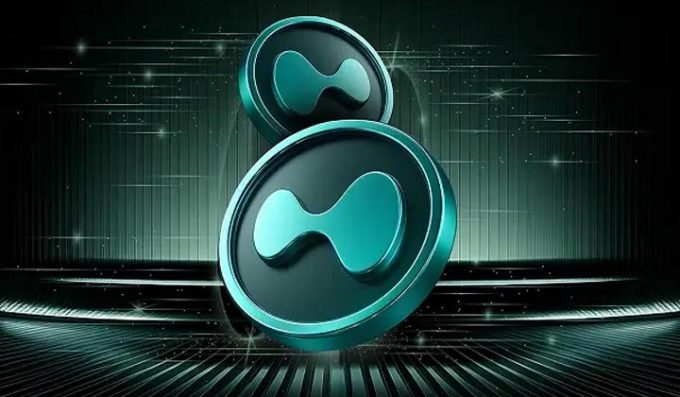Significance Of NFT Wallets
By Ruchi Sharma
Non-fungible tokens, or NFTs, are transforming the way we manage and hold assets by using distinct tokens based on blockchain technology to verify ownership of almost everything.
NFTs require security and protection just like any other Web3 digital asset; thus, you’ll need an NFT wallet. An NFT wallet is a cryptocurrency wallet that aligns with the blockchain protocol that underpins NFTs. It must also support the currency—such as Ether (ETH)—that you plan to use to purchase NFTs.
The majority of NFTs use the Ethereum blockchain, so most Ethereum wallets will function, but some wallets are more noteworthy than others. The top NFT wallets are outlined here, along with some considerations for selecting one.
Importance of using an NFT wallet
A physical wallet operates differently from an NFT wallet. In reality, your wallet is not where you keep cryptocurrencies or NFTs.
Instead, it allows access to the resources stored on the blockchain. It enables transaction authorization by giving the wallet owner access to that address’s private key. You are the legal owner of anything at that address if you hold the private key.
A wallet, handling all the technical details, will make purchasing, selling, and transferring NFTs or cryptocurrency easy. It also offers a handy way to track your assets across devices and, with two-factor authentication, may boost security.
Types of NFT wallets
There are primarily two types of wallets: hot wallets and cold wallets.
Hot Wallets
Cryptocurrency exchanges frequently offer hot wallets, which are digital wallets that are always online to facilitate frequent transactions. These computer programs are well-liked because they are easy to use and download. As an added bonus, you can conveniently store purchased NFTs in these wallets for free. Hot wallets are more vulnerable to hacking and other types of cyberattacks because they are constantly online, which makes them less secure than cold wallets.
Cold Wallets
Cold wallets are physical wallets that keep your private keys off the internet and on your device alone, protecting your digital assets from unwanted access. These are perfect for long-term storage of blue-chip NFTs or NFTs that you do not require frequent access to.
In terms of security, losing your cold storage device or private key could result in the irreversible loss of all NFTs in your wallet. Cold wallets are not free because you have to purchase a tangible item. It is advised to purchase cold storage only if you need to keep valuable digital assets, as they are more expensive than hot wallets.
How do I pick the best NFT wallet?
Here are some important features to look for in an NFT wallet:
Compatibility with the NFT marketplaces:
Without support, you won’t be able to buy the NFTs you want.
Strong security:
NFT values range from thousands to millions of dollars. Something as safe as possible is what you want.
Easy-to-understand user interface.
Purchasing and selling NFTs will be simple with an excellent user interface.
Cross-device usage:
It can be useful to be able to access your NFTs from both a desktop and a mobile device.
Multichain support:
While Ethereum serves as the primary blockchain for NFTs, several other platforms can also support NFTs. To be able to access as many NFTs as possible, you should choose a wallet that is interoperable with as many chains as possible.
To make your decision easier, let’s take a closer look at a few of the top NFT hardware wallets on the market.
The 5 best hardware wallets for NFTs
Let’s examine the benefits and drawbacks of some of the top hardware wallets for cryptocurrencies on the market right now.
- Ledger Nano X
Downloading different apps and managing NFTs across many blockchains shouldn’t ever be a problem with the Ledger Nano X due to its high storage capacity.
Ledger Live, the standard software platform for Ledger devices, manages NFTs and facilitates their transfer across accounts. Customers can view their NFTs graphically within the app, thanks to the user-friendly design.
By connecting the Nano X hardware wallet to their mobile device via USB-C or Bluetooth, users can sign NFT transactions without worrying about losing their valuable artifacts.
- Ledger Nano S Plus
At nearly half the price of the more costly Nano X, the Ledger Nano S Plus boasts a feature set that is extremely close. The primary differences between the Nano S Plus and its more costly equivalent are the absence of Bluetooth and its reduced storage capacity.
On the Nano S Plus, the Ledger Live software platform, which enables smooth sending and receiving of digital assets, is capable of handling NFTs. The Nano S Plus is most likely the best option for you if you can live with a little less storage space and are not interested in connecting your device over Bluetooth.
- CoolWallet Pro
Through the CoolWallet app, members of CoolWallet Pro may conveniently manage their NFTs in addition to their other digital assets. The ability to offer NFT trading directly from the app sets the CoolWallet approach apart from its competitors.
Compared to some other wallet sites that only let users store and manage their NFTs and don’t provide any kind of trading capability, the support for trading is a major plus. All things considered, CoolWallet Pro is an extremely feature-rich wallet that supports numerous blockchain mainnets, cold staking, and more.
- SecuX V20
The SecuX V20 has a sizable 2.8″ touch-sensitive color display. This greatly simplifies the wallet’s handling, especially when using it independently without connecting to other devices like computers or smartphones.
Every relevant EIP standard receives support. Moreover, you can link the wallet to third-party DeFi services using WalletConnect 2.0 or to MetMask using a QR code. The touchscreen’s ease of use should more than make up for the device’s slightly higher price if you use your hardware wallet frequently.
- Trezor Model T
The most expensive and feature-rich wallet in the Trezor collection is the Model T. It claims to support EIP-1559, EIP-712, and EIP-721—three crucial Ethereum Improvement Proposals (EIPs) pertaining to NFTs. If these suggestions are supported, the Model T can manage NFT listings, petrol prices, NFT metadata, and more.
Trezor wallets allow you to store NFTs, but there are management restrictions. For example, unlike Ledger Live, you cannot transmit and receive NFTs with Trezor Suite. To access this feature, you must link your Trezor wallet to MetaMask or another hot wallet that accepts NFTs.
You need to login in order to Like











